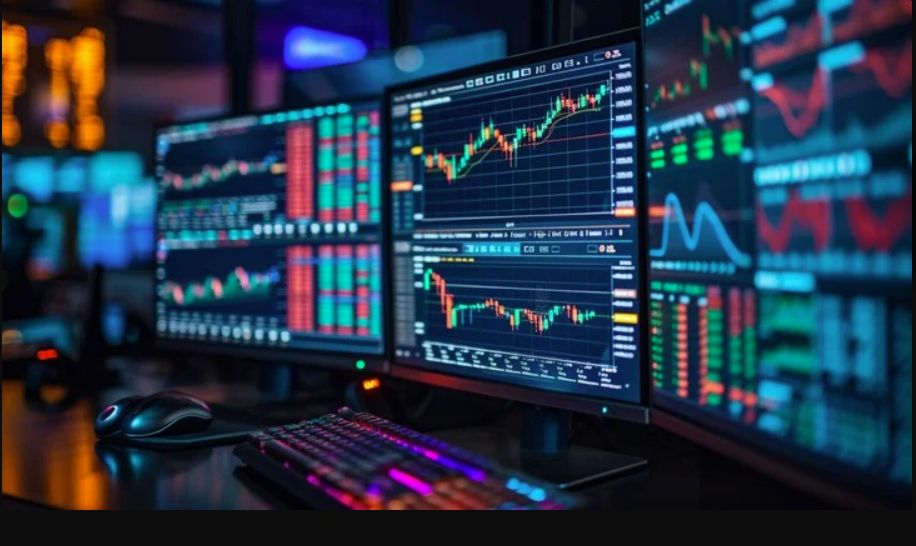BLOG
- April 23, 2024
- 10:59 am
Exploring Commodity Trader vs. Commodity Broker Roles: Beyond Brokerage

In the intricate world of commodity trading, distinguishing between the roles of a commodity trader and a broker is crucial for anyone looking to navigate or engage in this market. Although these two key players have interdependent and essential roles, their functions, strategies, and financial implications vary significantly. Let’s delve into these differences and why limiting oneself to brokerage might not be sufficient, and how to maximize opportunities in this volatile sector.
The Commodity Trader: At the Heart of the Action
Commodity traders, whether individuals or large corporations, are the true market players who buy, sell, and speculate on commodities. They play a crucial role in adding liquidity to the market, which is beneficial for the stability of prices and the availability of resources.
Detailed Characteristics of Traders:
- Direct Engagement: Traders actively engage in buying and selling, aiming to profit from both short and long-term price fluctuations.
- Analysis and Speculation: They employ complex market analyses to predict future trends and act accordingly, often with high stakes.
- Hedging: For businesses reliant on specific commodities, traders may use hedging strategies to secure prices and minimize financial risks associated with price volatility.
The Commodity Broker: A Key Intermediary
Brokers play an equally vital but radically different role. They do not participate directly in the trading of commodities. Instead, they facilitate transactions for others, acting as advisors and mediators.
Detailed Characteristics of Brokers:
- Transaction Facilitation: Brokers connect buyers and sellers, ensuring that transactions are smooth and efficient.
- Strategic Advice: They provide market analysis and recommendations based on a wide range of data, helping their clients make informed decisions.
- Commission-Based Model: Their earnings come from transaction fees or commissions, which motivates them to maintain a high volume of transactions.
Why Mere Brokerage in Commodities May Limit Potential
Focusing solely on commodity brokerage presents specific risks and limitations:
- Restricted Profit Potential: Unlike traders who can make substantial profits based on market fluctuations, brokers are limited to commissions, which depend on transaction volumes rather than price variations.
- Vulnerability to Economic Cycles: Brokers’ earnings can fluctuate significantly depending on overall economic activity and market transaction volumes.
- Lack of Market Influence: As intermediaries, brokers do not control prices or market flows, making them dependent on their clients’ actions and overall market performance.
Conclusion: Towards a Combined Strategy
A deep understanding of the distinctions between commodity traders and brokers is indispensable for those engaged in this market. Relying solely on brokerage can prove limiting. Adopting a combined approach that encompasses both direct trading and brokerage, or even expanding services to include risk management advice and financial strategy, can offer a more robust and diversified platform for navigating the commodity market.
ADDRESS
Warehouse # 4,
203 Umm Suqeim St,
Al Quoz Ind. 4
Dubai, United Arab Emirates
PHONE
+971 4 262 6382
EMAIL
info@auclub.ae
